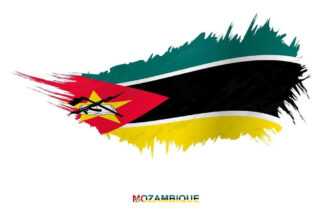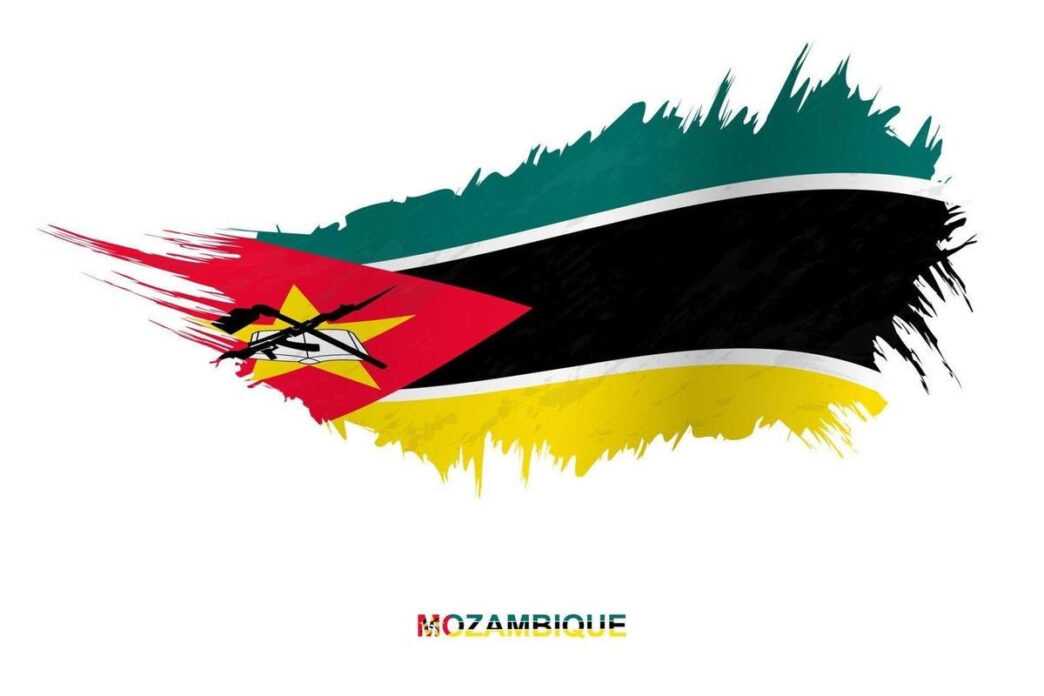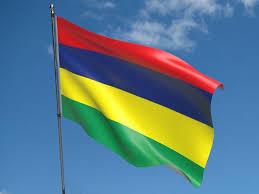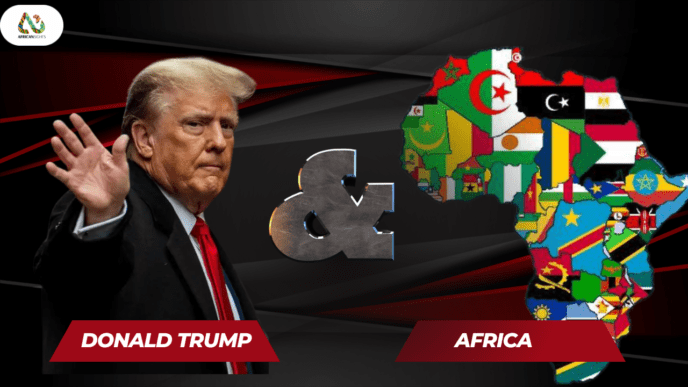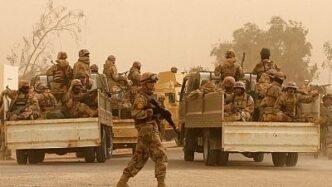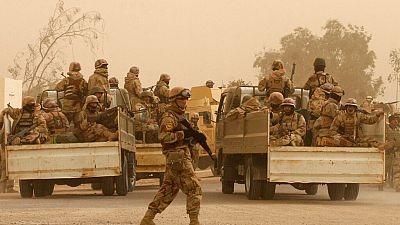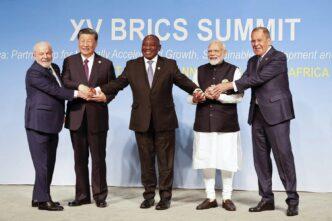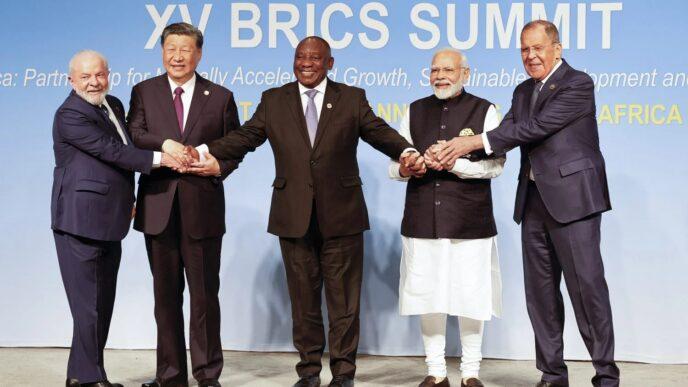By Genevieve Azelama
June 25, 1975, was a night soaked in rain, revolution, and the climax of Portuguese colonial rule. As the clock ticked down on the final seconds of colonial rule in the heart of Maputo, a deafening silence fell over the crowd gathered at what was once Praça Mouzinho, soon to be renamed Praça da Independência. Then came the moment the people had fought, bled, and waited for.
At midnight, June 25, 1975, the Portuguese flag was lowered for the very last time on Mozambique soil, no longer a symbol of colonial dominance over the people. As it touched the ground, the crowd exhaled a breath centuries in the making.
And then in its succession, Mozambique’s new flag, bold and defiant, stitched in black for the African continent, red for the blood of martyrs, yellow for mineral riches, green for the land, and emblazoned with a star, a hoe, and an AK-47. In that moment, the nation of Mozambique was born.

“For Thee, Your People Will Fight”
As the flag danced with determination in the wind, a new anthem erupted from the new people of Mozambique and filled the square, one composed with rhythm, revolutionary music, memory, mourning, and triumph.
🎵 “Long live Mozambique, united people from Rovuma to Maputo,
Heroes fallen for our independence,
For thee, your people will fight!”
Sung for the first time that night, the lyrics of “Viva, Viva a FRELIMO” shook the capital. The dawn of a new Mozambique was felt deeply by all, both young and old, at every corner of the nation. The people of Mozambique were witnessing history, their history being made, and it was an undeniable marvel. Many had never imagined they would see this day. But here it was, real, sacred, and undeniable.
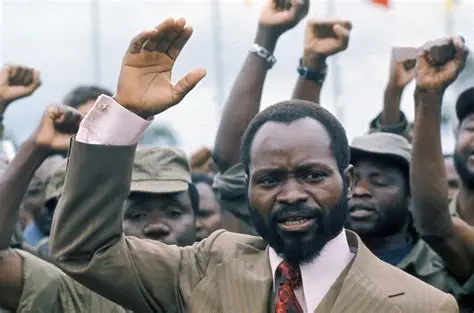
“Samora Machel: The Voice of a Free People
After the flag rose, Samora Machel, freedom fighter, FRELIMO leader, and now Mozambique’s first president, stepped forward and stood in before his people, clad in military green, his fists clenched, he looked out over the crowd filled with both pride and purpose.
“The liberation of Mozambique is not the result of a gift. It is the fruit of the sacrifice of our people, who dared to fight,” he thundered.
“We must annihilate the system of exploitation of man by man.”
Machel’s speech was broadcast, carrying his voice all over the nation by radio and later printed in every province, calling for unity, vigilance, and hard work. But most of all, it was a declaration that Mozambique now belonged to its people. The struggle was not over, “A luta continua,” he reminded them. The struggle continues.
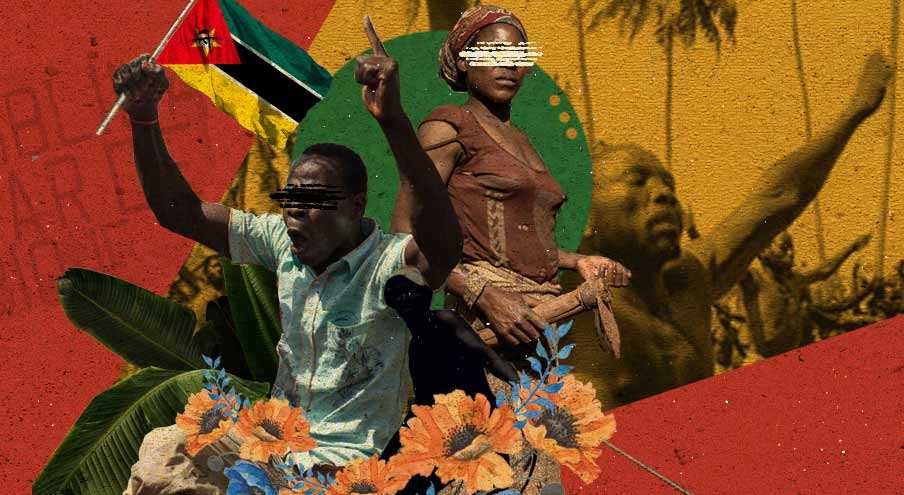
Midnight of the Continent
In the months that followed, Mozambique experienced a full and welcome rebirth. Colonial statues were torn down. Streets were renamed. A statue of Samora Machel replaced the Portuguese governor in Independence Square, a symbolic turning of the tide. Mozambique, once a colony defined by foreign greed, was now sovereign. It joined Angola, Guinea-Bissau, and others in fanning the flames of Pan-Africanism.
Independence Day became more than a celebration. It became a commitment.
Why It Still Matters
Today, nearly five decades on, June 25th remains one of Africa’s most emotionally resonant independence anniversaries. It wasn’t just the end of the rule; it was the beginning of identity and true freedom. The anthem may have changed to “Pátria Amada”, but the promise remains the same:
“In the memory of Africa and the world,
Beautiful fatherland of those who dared to fight…”
Children born free now raise children of their own. Samora Machel’s statue still watches over Maputo. And every year, as the flag is hoisted anew, voices still cry, “Viva Moçambique!”
